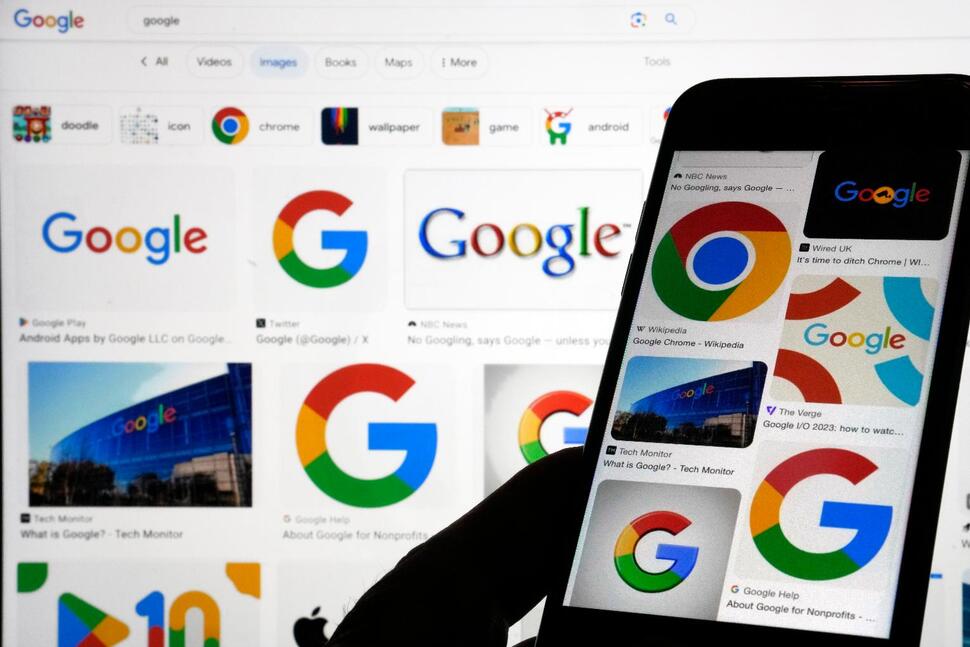
Google appeared before the appeals court on Monday, aiming to convince a three-judge panel to overturn a jury’s decision that declared its Android app store an illegal monopoly. The company also seeks to block penalties imposed by a federal judge to curb its monopolistic behavior. The case, brought by video game maker Epic Games, accuses Google of abusing its dominant position in the Android app market through the Play Store. Epic argues that both the verdict and the penalties should be upheld to promote innovation and reduce prices for consumers.
In a nearly hour-long presentation at the Ninth Circuit Court of Appeals in San Francisco, Google lawyer Jessica Ellsworth explained why the company believes U.S. District Judge James Donato misdefined the market during the 2023 trial. Ellsworth argued that the market in question should have been defined similarly to how it was in a 2021 antitrust case involving Apple. She further claimed that the case should not have been decided by a jury at all, as Google had requested a judge to decide the matter, unlike the Apple trial, which was also heard by a jury.
Epic Games, known for its popular game Fortnite, filed separate antitrust lawsuits against Apple and Google in August 2020. While the Apple case resulted in a ruling largely in favor of Apple, Google’s case went before a jury in San Francisco. Ellsworth told the appeals court that Judge Donato allowed Epic to alter the market definition by excluding Apple’s app store as a competitor, a move that ultimately led to the jury’s verdict against Google.
“You can’t just lose an issue that was fully litigated the first time and pretend it didn’t happen,” Ellsworth argued. She emphasized that the competition between Google and Apple, which both control the operating systems for nearly all smartphones worldwide, is significant enough to prevent either company from abusing its market position.
However, the appeals judges appeared to see differences between the Apple and Google cases. Judge Danielle J. Forrest noted the contrast between Apple’s “walled garden” model, where software and hardware are bundled together, and Google’s model, where Android is licensed to a variety of smartphone manufacturers. This distinction could justify a different market definition in the two cases.
Judge Gabriel Sanchez also questioned whether Google could be considered a monopolist in its own ecosystem, even if it competes with Apple in the smartphone operating system market. “Even if Google vigorously competes with Apple, that doesn’t mean it can’t create a different ecosystem where it’s a monopolist,” Sanchez remarked.
Epic’s attorney, Gary Bornstein, countered that Google’s arguments were a desperate attempt to preserve a system that benefits the company by charging high commissions—ranging from 15% to 30%—on in-app purchases through the Play Store. Bornstein emphasized that the penalties imposed by Judge Donato, which were put on hold while Google pursues its appeal, would bring about changes intended to foster competition. These changes could include allowing competitors to access the Play Store’s vast library of over 2 million apps, potentially leading to lower commission rates for app developers.
The appeals court has not provided a timeline for issuing a ruling in the case, but it typically takes several months before a decision is made.
In addition to this ongoing legal battle, Google is facing further potential penalties. A federal judge recently ruled that Google’s search engine constitutes an illegal monopoly, which could lead to the company being forced to sell its Chrome web browser. Google’s ongoing legal challenges could have significant implications for the company’s future operations.
During the two-hour hearing, Bornstein reminded the panel that the bar for overturning a jury’s verdict should be set high. “The benefit of the doubt does not go to the wrongdoer,” he said. The judges also expressed concerns about Donato’s decision to maintain a jury trial after Google reached settlements in related cases involving U.S. attorneys general and other developers. At one point, Judge Forrest suggested the possibility of declaring the verdict as advisory and sending the case back to Donato for further review, noting that the jury’s decision was based on just a few questions and a brief market definition.
Bornstein argued against this approach, urging the court not to give Google more time to profit from its alleged monopolistic conduct. The appeals court’s ruling on the case will have significant implications not only for Google but also for the broader tech industry and its approach to app stores and digital markets.